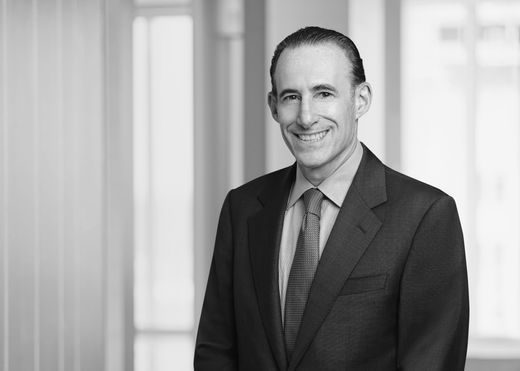Liu v. SEC: Supreme Court Agrees to Hear Challenge to SEC’s Ability to Obtain Disgorgement

Key Points
- The Supreme Court will review whether the SEC has the authority to obtain disgorgement in actions to enforce the federal securities laws.
- Since the Supreme Court’s decision in Kokesh v. SEC, 137 S. Ct. 1635 (2017), Courts of Appeals from across the country have considered whether disgorgement is a legally permissible equitable remedy in SEC cases.
- This decision promises to be enormously consequential for SEC practitioners as disgorgement is one of the SEC’s primary enforcement remedies.
For several decades, disgorgement of ill-gotten gains has been one of the most effective and often utilized enforcement powers of the U.S. Securities and Exchange Commission (SEC). Until fairly recently, it was broadly accepted that the SEC can obtain disgorgement as a form of equitable relief, even though disgorgement is not expressly authorized by statute. However, this settled understanding was called into question on November 1, 2019, when the United States Supreme Court granted certiorari in Liu v. SEC, No. 17-55849 (9th Cir. 2018), to review whether the SEC has the authority to obtain disgorgement in actions to enforce the federal securities laws.
In Liu, the federal district court for the Central District of California entered summary judgment in favor of the SEC, finding that the defendants violated Section 17(a)(2) of the Securities Act of 1933, and ordering them to disgorge millions of dollars in ill-gotten gains associated with their conduct. SEC v. Liu, 262 F. Supp. 3d 957, 976 (C.D. Cal. 2017). The defendants had raised approximately $27 million from Chinese investors under the EB-5 Immigrant Investor Program (the “EB-5 Program”), which allows foreign citizens to obtain visas in exchange for investments in the United States. Instead of investing the funds in a manner contemplated by the offering, the district court found that the defendants misappropriated most of the money and ordered them to disgorge the entire amount raised, minus funds remaining in their corporate accounts. The district court also imposed $8.2 million in civil penalties and permanently enjoined the defendants from future solicitation of EB-5 Program investors. The U.S. Court of Appeals for the 9th Circuit affirmed the district court’s summary judgment order.
The defendants argued before the 9th Circuit and in their petition for certiorari that, in light of the Supreme Court’s decision in Kokesh v. SEC, 137 S. Ct. 1635 (2017), the SEC does not have authority to obtain disgorgement as an equitable remedy. (In Kokesh, the Court held that disgorgement in the securities enforcement context is a “penalty” within the meaning of 28 U.S.C. § 2462, and is therefore subject to a five year statute of limitations.) The petitioners’ argument in Liu builds on a footnote in the Kokesh opinion in which the Court noted that it was not addressing “whether courts have properly applied disgorgement principles in this context” or “whether courts possess authority to order disgorgement in SEC enforcement proceedings” at all.
The Court now seems prepared to answer this question in the Liu case. As petitioners pointed out in their petition for certiorari, since Kokesh was decided, Courts of Appeals from across the country have considered whether disgorgement is a legally permissible equitable remedy in SEC cases. While Justice Kavanaugh was still a judge on the D.C. Circuit, he noted in a concurrence that Kokesh “overturned a line of cases from [the D.C. Circuit] . . . that had concluded that disgorgement was remedial and not punitive.” Saad v. SEC, 873 F.3d 297, 305 (D.C. Cir. 2017) (Kavanaugh, J., concurring).
The Liu case promises to be enormously consequential for SEC practitioners. For decades, the SEC has relied on disgorgement of ill-gotten gains as one of its primary remedial tools. Over the years, the SEC has forced defendants to disgorge billions of dollars through enforcement settlements and litigations. The SEC also often seeks to compensate fraud victims out of the disgorged funds it collects. If the Court upends settled practice in Liu and determines that disgorgement is not within the SEC’s statutory authority, it is likely that the SEC will seek new legislation to explicitly authorize disgorgement going forward.







